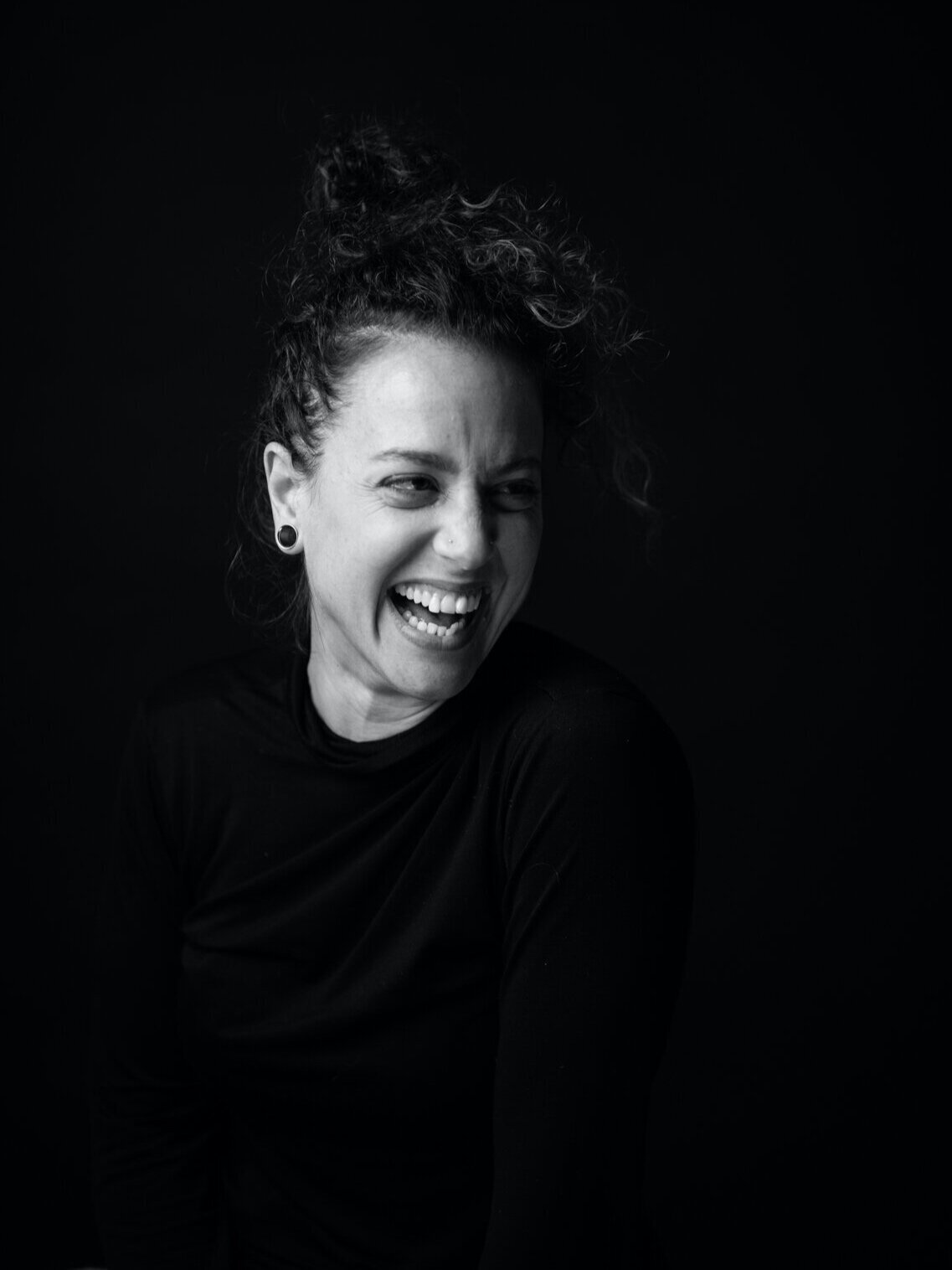Embodiment, Trauma, and Resilience: The Biopsychosocial Model (How to center the body in processing individual and collective experience)
With Margherita Tisato
Image: Sam Waxman
Both trauma and resiliency live in the body, and they become manifest in our individual embodiment. The biopsychosocial model points to the complexity and interconnectedness of our experiences and is the foundation for the discussion of physiological subjects such as neuroplasticity and epigenetics and how they affect the discourse around trauma, as well as learning; it also highlights the importance of open and non-judgemental conversation around the social context we live in as the terrain that we must start our work from. Examining anatomy and physiology of trauma in the individual, and moving into transgenerational and collective experiences, we center the body as our main resource to create deeply affective work in any modality we choose to dialogue in, allowing language to arise out of the field of aware movement.
This course focuses on the somatic aspects of trauma, using the body as a laboratory to explore life choices as patterns of somatic memory and to create skills to build and exercise agency, intentionality and change-making. Our format will combine lecture and discussion with physical yoga-based practices for somatic inquiry.
Course Goals
To expand the conversation about trauma from the individual to the collective experience; exploring bodily systems as blueprints for interpersonal interactions.
To inform participants of the anatomy of trauma, as well as its clinical diagnostic history.
To center the body and somatic experiences as the main focus for embodiment, as well as a site for processing and coping with life events.
To invite inquiry around our own personal history and how trauma may have affected our life choices and reactions.
To explore our impact on our audience from a trauma informed perspective.
Optional Enrichments
Students can optionally research or think about their working definition of Trauma. We will start the first session from here and they will be able to share their thoughts and process if interested in doing so.
Course Schedule
DAY 1: July 24
A) Lecture: Physiology of trauma related to the nervous system, centering around individual trauma. (2 hours)
the Vagus nerve
Polyvagal theory
Fight/flight/freeze/fawn responses
Biopsychosocial model and resilience
Post-traumatic growth
The difference between challenge and trauma, and importance of the “zone of proximal learning”
B) Somatic yoga based movement practices: Any and all movement practice is an invitation to explore the personal realm. Day 1 and Day 2 will have different practices designed to explore different ways of approaching Trauma-Informed movement explorations. (1 hour)
We will conclude the practice with a discussion based on participants' experience. Feedback and comments are highly encouraged to create a shared space for inquiry and confrontation.
C) Discussion: Trauma is always individual; every-body is different. (2 hours)
We will investigate how past events keep affecting us in the present, and the resilience gained from challenge.
How did we/can we use the somatic experience as a tool for connection and self-regulation?
The role of embodiment in the personal processes of both coping and creating.
How does salient identity affect our work through the lens of trauma?
DAY 2: JULY 25
A) Lecture: physiology of trauma related to genetics and the brain, centering around collective trauma. (2 hours)
The brain on trauma:
Neuroplasticity
EpigeneticsIdentifying trauma:
Collective trauma
Historical trauma
Systemic traumaPandemic trauma:
What is happening to us as we move through this global trauma
The layering of individual and collective trauma: trauma is NOT an equalizer
B) Somatic yoga based movement practices: Any and all movement practice is an invitation to explore the personal realm. (1 hour)
We will conclude the practice with a discussion based on participants' experience. Feedback and comments are highly encouraged to create a shared space for inquiry and confrontation.
C) Discussion: We are all affected and we are all accountable. The body as a blueprint for collective systems. (2 hours)
What are there ethical implications of collective and systemic trauma?
How can the role of “embodiment” be defined from a collective (or political) perspective, rather than individual, to support growth and resilience?
We will examine the role and responsibilities of both artists and educators when considering the implications of trauma and the impact we have as those in the role of offering experiences to others.
Required Readings
1) On trauma and the polyvagal system (9 minutes):
https://www.youtube.com/watch?v=uH5JQDAqA8E
2) On salient identity and intersectionality (3 minutes)
https://counseling.ufl.edu/resources/bam/module1-1/
3) On Resilience: (short webpage)
https://boforbes.com/blog/we-need-to-talk-why-yoga-and-mindfulness-and-wellness-and-spirituality-and-personal-growth-are-social-and-political
Suggested Readings
"The Body Keeps the Score" by Bessel Van Der Kolk
"My Grandmother’s Hands" by Resmaa Menakem
"Bodyfullness" by Christine Caldwell
Workshop Requirements
Students should wear comfortable clothes they can move in. Optionally they can gather any yoga-like prop they feel comfortable using to facilitate movement practice in their space: a mat, blocks, a pillow or even a chair to sit comfortably. None of this is mandatory, but they should consider their own comfort.

